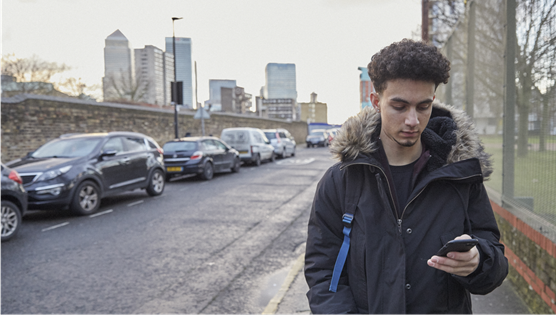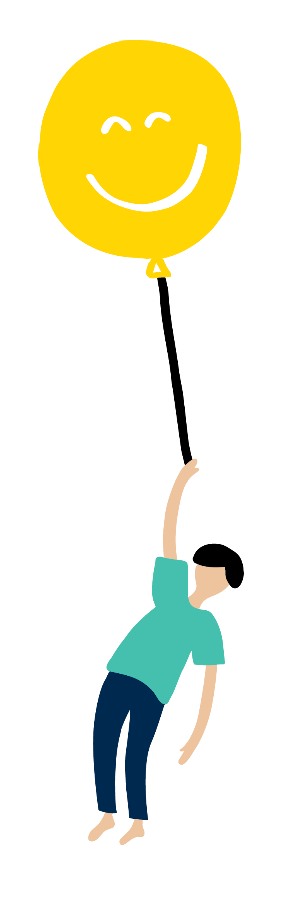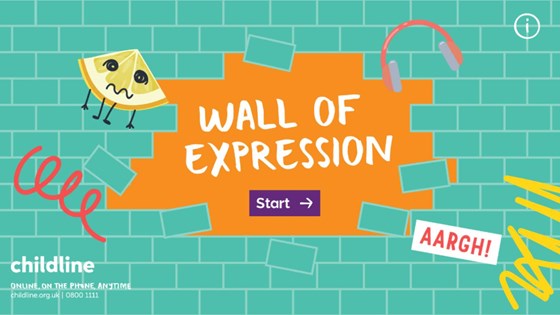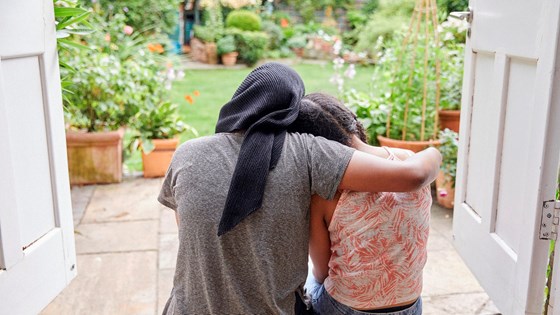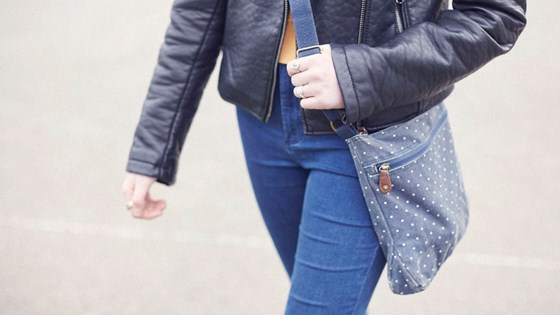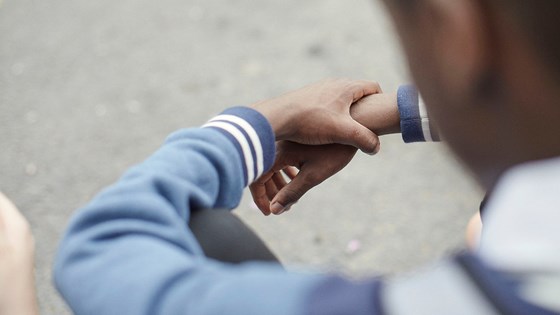How different CAMHS workers can help
Some of the different people you could meet through CAMHS are listed below. They can all help in different ways:
- Therapists can help you understand yourself better and how things in the past might be affecting you now.
- Family therapists work with you and your family to help you make changes so that everyone can get on better at home.
- CAMHS nurses work with you and your family to help you improve your mental health.
- Psychiatrists are specially trained doctors who can help you with your mental health. They can also prescribe medication.
- Social workers can help you and your family get support, access help for costs and be there for you in and outside of CAMHS.


